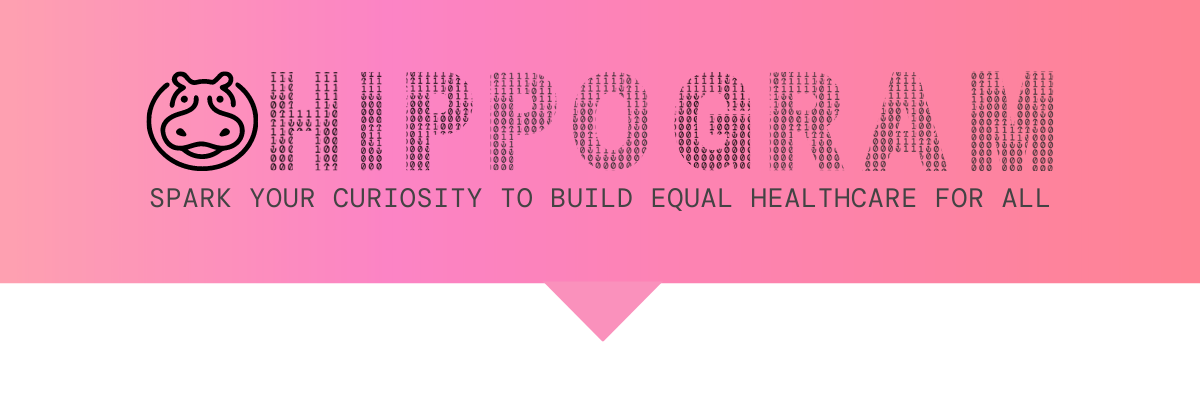Abundance Mindset, Artificial Scarcity and Captain Picard -- 🦛 💌 Hippogram #3

I'm Bart de Witte, and I've been inside the health technology industry for more than 20 years as a social entrepreneur. In that time, I've witnessed and was part of the evolution of technologies that are changing the face of healthcare, business models and culture in unexpected ways.
In my newsletter, I share knowledge and insights about building a more equitable and sustainable global digital health. Sharing knowledge is also what Hippo AI Foundation, named after Hippocrates, focuses on, and it is an essential part of a modern Hippocratic oath. Know-How will increasingly result from the data we produce, so it's crucial to share it in our digital health systems.
A very warm hello and good to see you to the 220 new Hippogram readers who have joined us since last Wednesday. Not a member yet? Sign up for the whole Hippo experience
The future of healthcare: Learning from Captain Picard
In my first Hippogram, I was writing that someone living in Nigeria who uses the low-cost smartphone available for the price of 10 Big Macs (US pricing) has access to more information than President Clinton had 15 years ago. That's amazing progress. But healthcare lacks behind. Full-scale access to telemedicine could better balance supply & demand and optimize resources, but low-income countries are confronted with a scarcity of human resources. For 5,000 Nigerians, there is one physician helping(Germany 21:5000). During COVID, this ratio declined as Western countries around the world have issued calls for foreign medics, including the USA, Canada, Germany and France. Some of these countries are reportedly specifically targeting Africans. As a result, for example, 8,600 Egyptian doctors were accepted into the US, according to The African Report. The Egyptian Medical Syndicate estimates that half the country's doctors, or 110,000 out of 220,000 registered doctors, have left the country during the last three years. Some estimates mentioned that Sub-Saharan countries need to invest and train ten physicians in order to have one physician that stays. We are witnessing a brain drain of enormous proportions.
The limitation to health resources isn't limited to low-income countries and is a constant concern for healthcare authorities globally. During the COVID-19 outbreak, scarcity in human health resources, manufacturing supply problems and changes in economic dynamics created a lot of tension. At the same time, global open-source movements united people globally and lifted the curtain of how we can build together. Central to this is a self-organized mode and the use of technologies that are democratized and decentralized. It disrupted the classic production and linear supply chain model, and the only bottle-necks were based on strict regulations that were designed on a 20th-century model.
Technologies, such as 3D-printing, CRISPR, Artificial Intelligence, synthetic biology, are democratizing, decentralizing, and disrupting production in many different areas. It even disrupts the production of innovation itself, opening the prospect of an abundance society in which people can obtain the things they want, including living organisms, on-demand.
I love the work of sci-fi writers like Kim Stanley Robinson whose Mars trilogy depicted the terraforming of Mars as a human colony and the establishment of a post-scarcity society. The human society in Star Trek: Deep Space Nine, has been called a post-scarcity society because of the ability of the fictional "replicator" technology to synthesize a variety of goods almost instantaneously. When designing a more equitable society and destroying inequalities in health, I hear Captain Picard's statement in the back of my mind "The acquisition of wealth is no longer the driving force of our lives. We work to better ourselves and the rest of humanity”. The acquisition of wealth won’t be the driving force anymore for future medical innovations, as much of the technologies needed to develop and produce these goods are technologies of abundance. These technologies offer the possibility that scarcity will become a thing of the past in many industries, and it will all depend on which economic foundation we build our digital health future.
